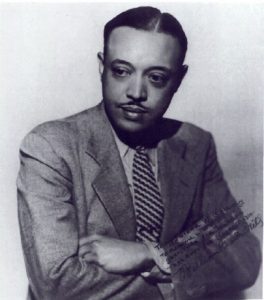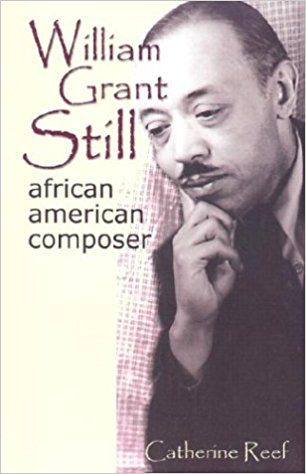While classical music has its origins in western culture, stylized after both sacred and secular music, it is extremely hard to find a music genre where Black people did not have some sort of influence and involvement, and classical music is not one of those genres.
Classical music has a timeline from as early as 6th century AD! While most of the music commonly referred to as classical music comes from the classical period of 1750–1820, there are many sub-genres and other time periods of classical music that are of influence.
Classical music composers hold a great focus on pitches that form the chords, baselines, and melodies, as well as the tempo and rhythm. African American composers eventually found ways to integrate their culture and heritage into the music by adding folk aspects, as well as African American rhythm and feeling.
Once being emancipated, many musically inclined African Americans went on to be classically trained. Many historically Black colleges and Universities had classical music focuses that would pave the way for Black students to be considered classically talented, like White composers and Musicians.

William Grant Still is considered “the Dean” of African-American composers, and he was the first American composer to have an opera produced by the New York City Opera. He attended Wilberforce University, a private, coed, liberal arts historically Black university, located in Wilberforce, Ohio. As a youth he taught himself to play the clarinet, saxophone, oboe, double bass, cello and viola, among the many other instruments he knew how to play. At Wilberforce, Still became a member of Kappa Alpha Psi fraternity, and conducted the university band where he began to compose and to do orchestrations.

Classical music has had a great influence in almost all genres, due to its focus on craft and technique. Many black performers such as Still and others like Florence Price, and Ulysses Kay were praised for their craft and were celebrated internationally.
HBCU’s had a great impact on Black performers in the classical genre, as it allowed students to have a free platform to learn and perform without fear and discrimination.
[embedyt] https://www.youtube.com/watch?v=2OXmKehGDmE[/embedyt]


